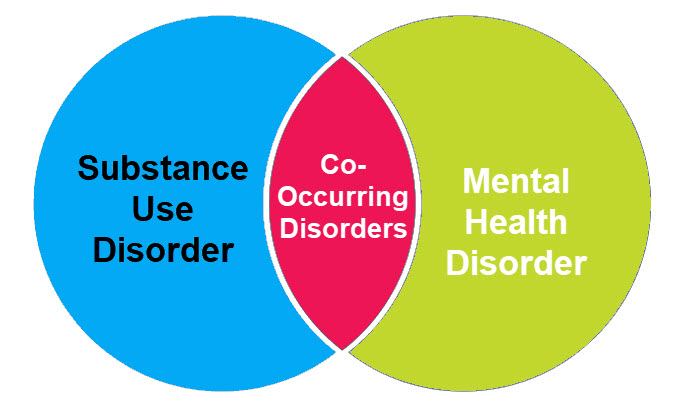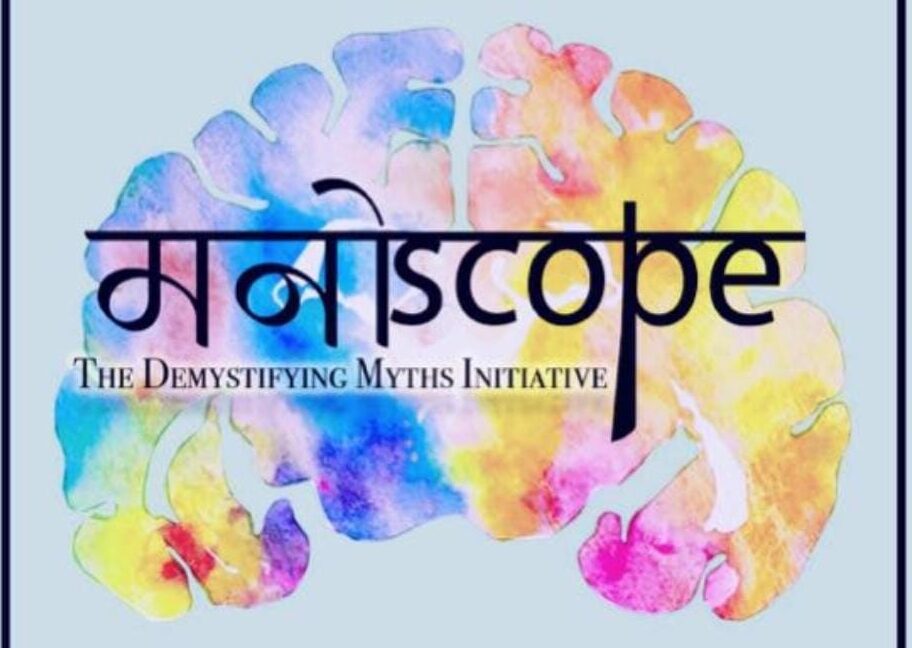
Substance abuse is a pervasive issue that affects millions of people worldwide. It is characterized by the chronic and harmful use of drugs, alcohol, or other substances that can lead to severe physical and mental health problems. Substance abuse can affect people of all ages, genders, races, and socioeconomic backgrounds, and it can have a devastating impact on individuals, families, and communities.
Substance abuse can take many different forms. It may involve the use of illegal drugs like cocaine, heroin, or methamphetamine, or it may involve the misuse of prescription medications like opioids, benzodiazepines, or stimulants. Substance abuse can also include the use of alcohol, nicotine, or other legal substances in ways that are harmful to the body and mind.

The consequences of substance abuse can be severe and long-lasting. Substance abuse can lead to physical health problems like liver disease, heart disease, and lung disease. It can also cause mental health issues like depression, anxiety, and psychosis. Substance abuse can damage relationships, impact job performance, and lead to financial problems. In extreme cases, substance abuse can lead to addiction and overdose, which can be fatal.
There are many different factors that can contribute to substance abuse. Genetics, environment, and personal history all play a role in determining whether an individual is more susceptible to substance abuse. For example, individuals with a family history of substance abuse may be more likely to develop an addiction themselves. Similarly, individuals who have experienced trauma, stress, or other difficult life events may turn to drugs or alcohol as a way of coping with these challenges.
One of the biggest challenges in addressing substance abuse is recognizing when a problem exists. Substance abuse can be difficult to identify, especially in its early stages. Often, individuals who struggle with substance abuse are able to maintain normal social and work lives, even as their drug or alcohol use begins to have a negative impact on their health and wellbeing.
To address substance abuse, it is important to first recognize the signs of a problem. These may include changes in behavior, mood, or physical appearance, as well as problems with relationships, work, or finances. If you suspect that someone you know may be struggling with substance abuse, it is important to offer support and seek help.
There are many different approaches to addressing substance abuse. One of the most effective is through a combination of therapy and medication. Therapy can help individuals to identify the underlying causes of their substance abuse and develop strategies for managing cravings and avoiding triggers. Medications like methadone, buprenorphine, or naltrexone can help to reduce cravings and withdrawal symptoms and improve the chances of long-term recovery.
In addition to therapy and medication, there are many other resources available for individuals struggling with substance abuse. These may include support groups, detox programs, and residential treatment centers. Support groups like Alcoholics Anonymous or Narcotics Anonymous can provide a safe and supportive environment for individuals to share their experiences and receive guidance and encouragement from others who have been through similar struggles.
Detox programs can help individuals to safely and comfortably withdraw from drugs or alcohol under medical supervision. Residential treatment centers provide a more intensive and structured approach to recovery, with round-the-clock support and access to a variety of therapeutic modalities.
Ultimately, the most effective approach to addressing substance abuse will depend on the individual and their unique needs and circumstances. For some, a combination of therapy and medication may be sufficient. For others, a more intensive approach may be necessary. Regardless of the approach, the key to successful recovery is a willingness to seek help and a commitment to making positive changes.

Substance abuse is a serious and complex issue that affects millions of people worldwide. It can have a devastating impact on individuals, families, and communities, and it can be difficult to overcome.
